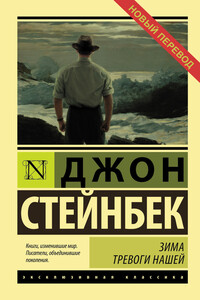Once there was a war | страница 7
The self-discipline, self-censorship among the war correspondents was surely moral and patriotic but it was also practical in a sense of self-preservation. Some subjects were taboo. Certain people could not be criticized or even questioned. The foolish reporter who broke the rules would not be printed at home and in addition would be put out of the theater by the command, and a correspondent with no theater has no job.
We knew, for instance, that a certain very famous general officer constantly changed press agents because he felt he didn’t get enough headlines. We knew the commander who broke a Signal Corps sergeant for photographing his wrong profile. Several fine field officers were removed from their commands by the jealousy of their superiors because they aroused too much enthusiasm in their men and too much admiration from the reporters. There were consistent sick leaves which were gigantic hangovers, spectacular liaisons between Army brass and WAACs, medical discharges for stupidity, brutality, cowardice, and even sex deviation. I don’t know a single reporter who made use of any of this information. Apart from wartime morals, it would have been professional suicide to have done it. The one man who jumped the gun and scooped the world on the armistice was ruined in his profession, and his career was terminated.
Yes, we wrote only a part of the war, but at the time we believed, fervently believed, that it was the best thing to do. And perhaps that is why, when the war was over, novels and stories by ex-soldiers, like The Naked and the Dead, proved so shocking to a public which had been carefully protected from contact with the crazy hysterical mess.
We had plenty of material anyway. There was a superabundance of heroism, selflessness, intelligence, and kindness to write about. And perhaps we were right in eliminating parts of the whole picture. Surely if we had sent all we knew, and couched in the language of the field, the home front would have been even more confused than we managed to make it. Besides, for every screaming egotist there was a Bradley, and for every publicity-mad military ham there were great men like Terry Allen and General Roosevelt, while in the ranks, billeted with the stinking, cheating, foul-mouthed goldbricks, there were true heroes, kindly men, intelligent men who knew or thought they knew what they were fighting for and took all the rest in their stride.



